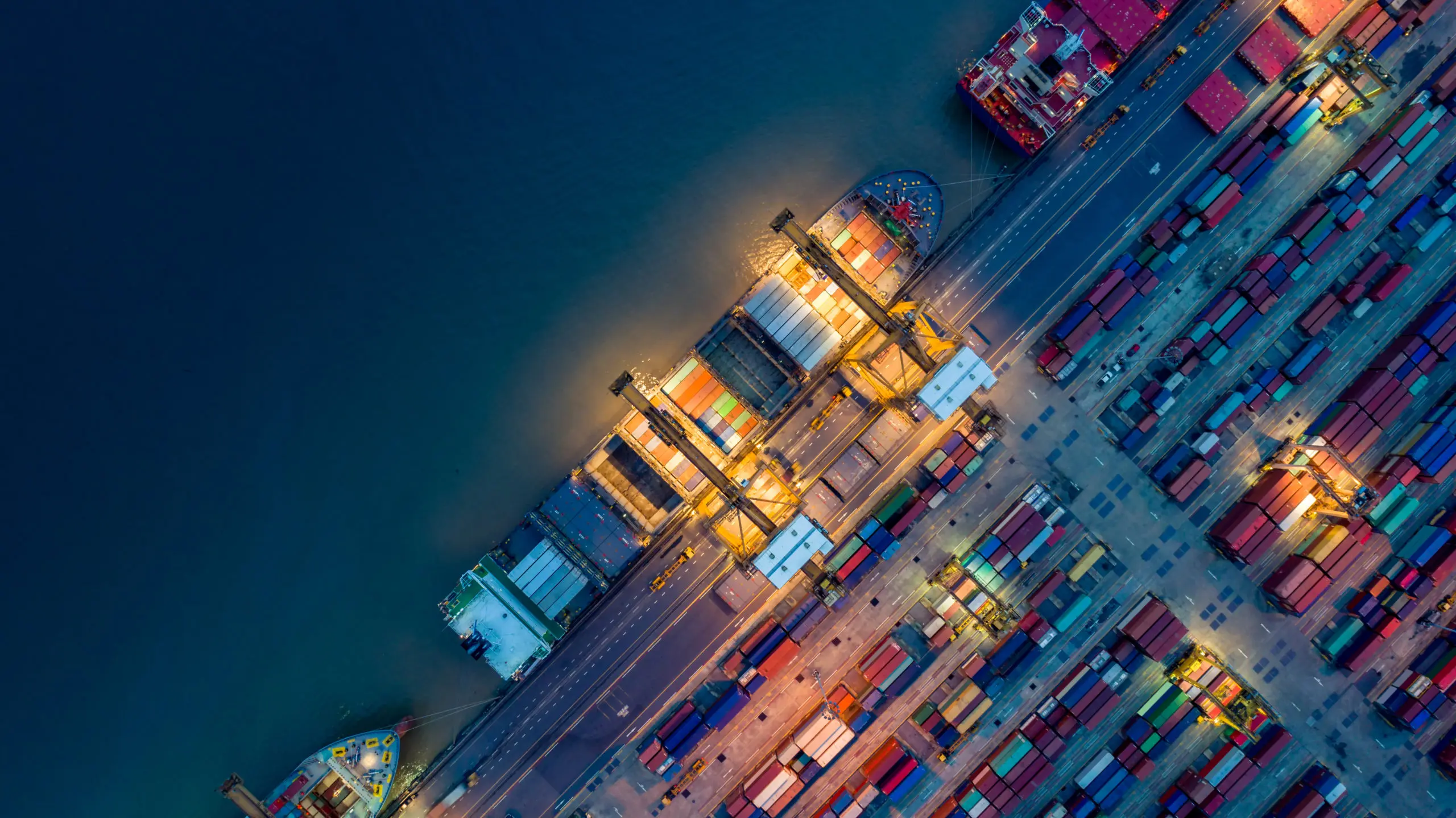
Jean-Pierre Danthine
Honorary Director, E4S

The Covid crisis made obvious how vulnerable globalization has become to systemic risks and prompted discussions about its end. The lockdown measures to fight Covid-19 and the drop in demand hit production, first in China where the virus originated, with ripple effects that affected supply chains all over the world. It is apparent that globalization needs to be redesigned so that it becomes more resilient and does not compromise people’s safety and welfare in the future. Besides the lack of resilience, globalization faces another challenge: sustainability. Global value chains have an enormous ecological footprint that contribute to climate change and biodiversity loss.
In this report we analyze the resilience and sustainability challenge of globalization. Building on recent advances in the economics and business literature, we discuss in particular two possible avenues to reach this goal: the re-localization of production and the use of blockchain technologies in supply chains. We argue that reshoring may not be the panacea. Rolling back globalization and reshoring production would imply losing out on the economic benefits of international specialization that are consensual among economists, without clear benefits in terms of resilience and sustainability. In contrast, technology and more intensive international cooperation between governments are needed to to make globalization in the future more resilient to external shocks, while being compliant with the planetary boundaries.